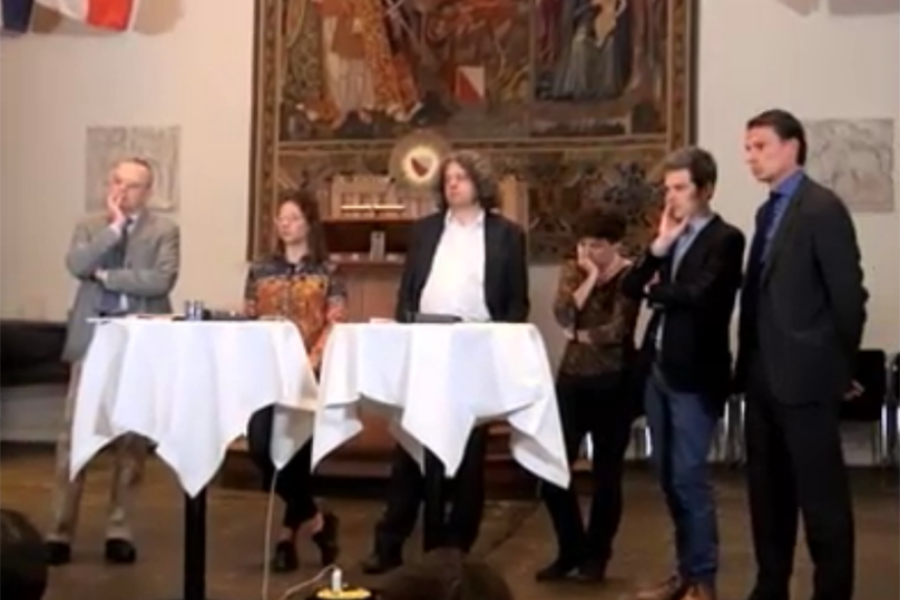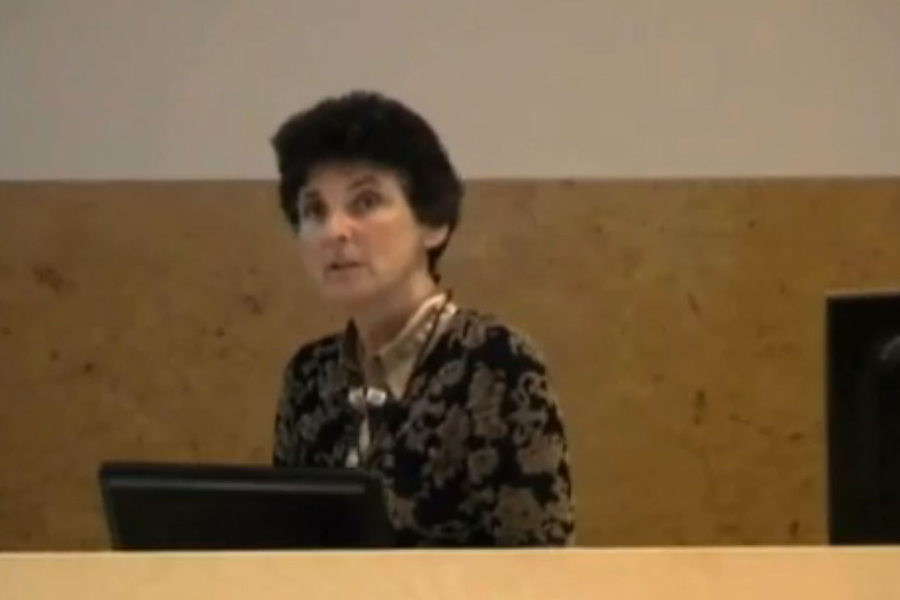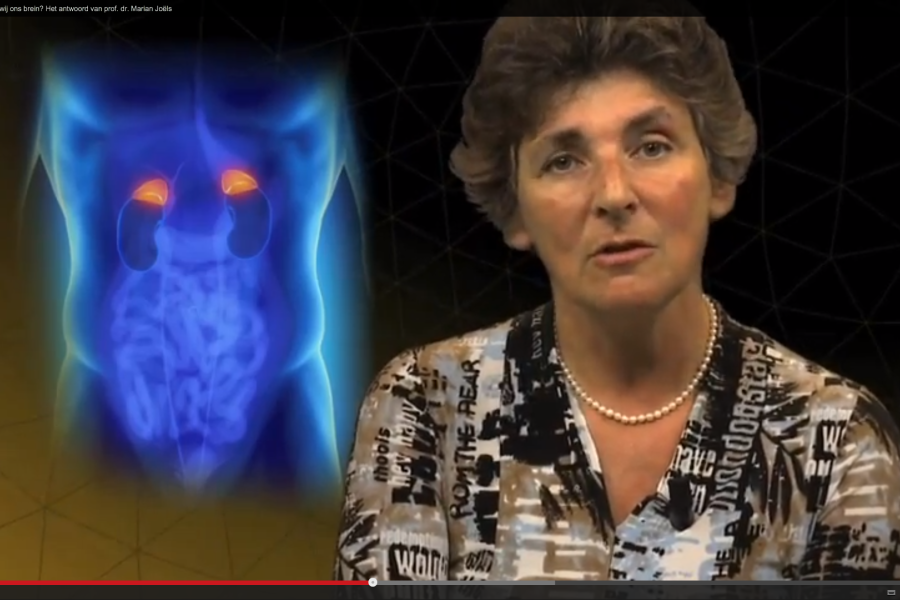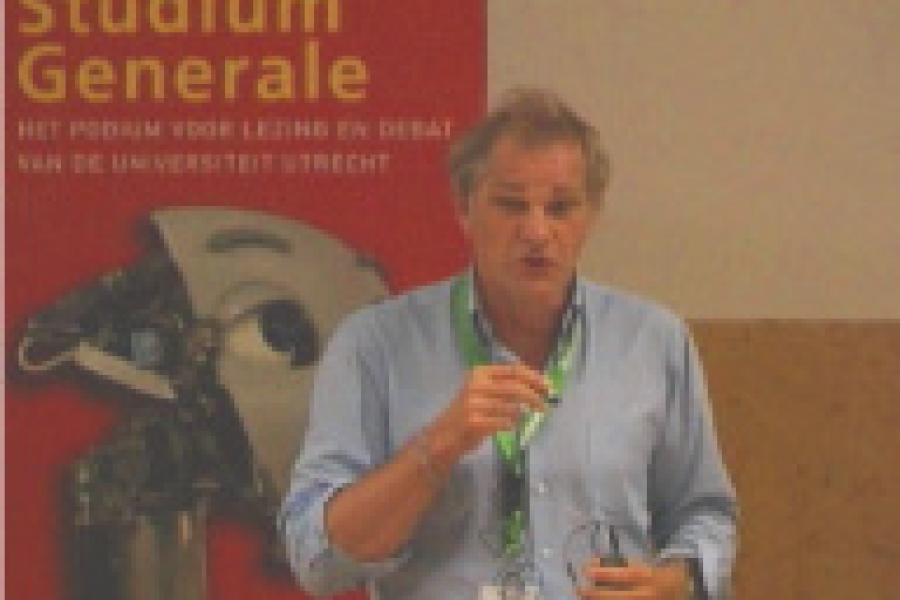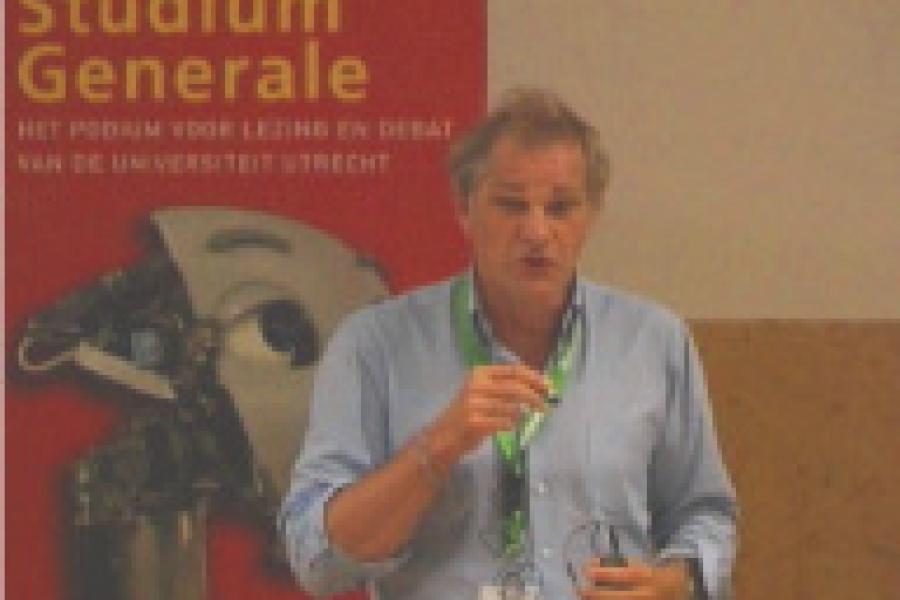prof. dr. Marian Joëls
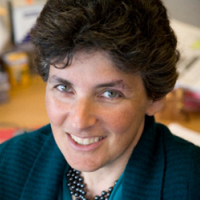
Prof. dr. Marian Joëls behaalde in 1980 haar master biologie aan de Universiteit van Amsterdam en deed vervolgens haar PhD aan het Rudolf Magnus Instituut van Neurowetenschappen in Utrecht. Na te hebben gewerkt als hoogleraar in de Neurobiologie aan de UvA en als hoogleraar Neurowetenschap aan de Universiteit Utrecht, werd zij in 2010 directeur van het Rudolf Magnus Instituut. Daar probeert zij de drie hoofddisciplines neurowetenschap, psychiatrie en neurologie te integreren. Het onderzoek van Joëls houdt zich voornamelijk bezig met stress en welke effecten dit heeft op het lichaam en voornamelijk de hersenen.
In 2003 zette Joëls een nieuwe studie op aan de UvA genaamd psychobiologie. Naast talloze wetenschappelijke artikelen, schreef zij twee boeken voor het brede publiek over de werking van de hersenen in het dagelijks leven: 'Een zeepaardje in je hoofd' (2009) en 'Meisjes zijn niet bèta-dom' (2010). Van 2012 tot 2014 was Joels voorzitter van de Federation of European Neuroscience Societies. Per 1 september 2016 is Joëls decaan Medische Wetenschappen aan de Rijksuniversiteit Groningen.
---
Prof. dr. Marian Joëls received her master biology at the University of Amsterdam in 1980 and subsequently completed her doctoral at the Rudolf Magnus Institute of Neurosciences in Utrecht. After working as a professor of Neurobiology at the UvA and as a prof of Neurosciences at Utrecht University, she became the director of the Rudolf Magnus Institute in 2010. At the institute she tries to integrate the three main disciplines neurosciences, psychiatry and neurology. Her main research focus is stress and the effects on the body, specifically the brain.
In 2003 Joëls founded a new study at the UvA named psychobiology. Besides numerous scientific articles, she wrote two books for the general public in Dutch about the working of the brain in every day situations. Further she writes about science in DUB, the digital newspaper of Utrecht University. Joels was the president of the Federation of European Neuroscience Societiesfor two years (2012-2014).

